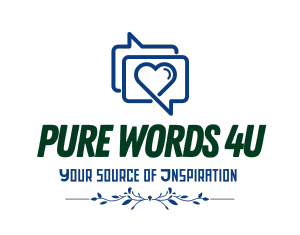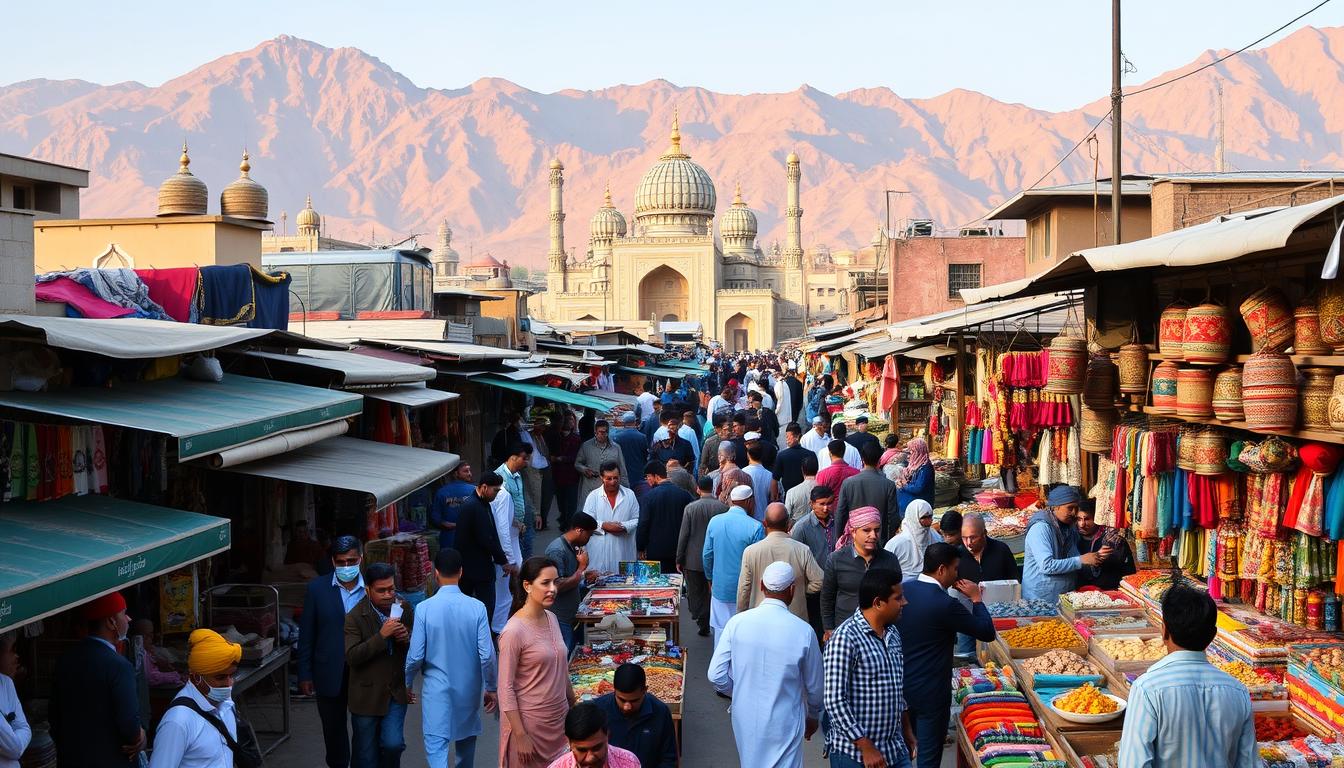In 2023, less than 25% of parliamentary seats worldwide were held by women. But Pakistan made history when Benazir Bhutto became the first woman to lead a Muslim country. This shows just one part of the empowering narratives Pakistani women have created over time.
These stories range from climbing Mount Everest to starting tech companies. They cover politics, business, education, and the arts. They show how bravery and determination can change society, even in tough times.
There are many stories of women who overcame hard times. Doctors risked their lives in conflict zones, and entrepreneurs built huge companies. Their stories are not just about their achievements. They also show how society’s view of women is changing.
This article celebrates these empowering narratives. It shows how each story gives hope and inspires others to challenge the status quo.
Key Takeaways
- Pakistan’s first female prime minister, Benazir Bhutto, broke global gender barriers in 1988.
- Women like Samina Malik, the first Pakistani female to summit Everest, redefine cultural expectations.
- Stories of inspirational Pakistani women span tech innovators, social activists, and business leaders.
- These narratives drive societal change by challenging traditional gender roles and stereotypes.
- Empowering narratives highlight both achievements and ongoing struggles for equality.
Introduction to Inspirational Pakistani Women
In Pakistan, women have made big strides in many areas. They have achieved political victories and creative successes. pakistani female leaders have turned obstacles into chances. Their stories are full of courage and creativity, inspiring many.
Recently, Nestlé Pakistan held forums to celebrate women’s empowerment. These events show how their impact goes far beyond their country.
Overview of Pakistani Women’s Contributions
- Politics: Benazir Bhutto became Pakistan’s first female Prime Minister, paving the way for others.
- Business: Entrepreneurs like Sharmeen Obaid-Chinoy use media to drive social change.
- Arts: Fashion designers and artists challenge stereotypes through creativity.
Significance of Their Narratives
These stories are more than just personal wins. They change how we see society. As activist Malala Yousafzai said in a 2023 interview:
“A nation’s strength lies in every voice it lifts.”
Their stories show how leadership and hard work can change communities. By sharing these stories, we celebrate their past wins and their ongoing fight for equality.
Historical Landscape of Women’s Empowerment in Pakistan
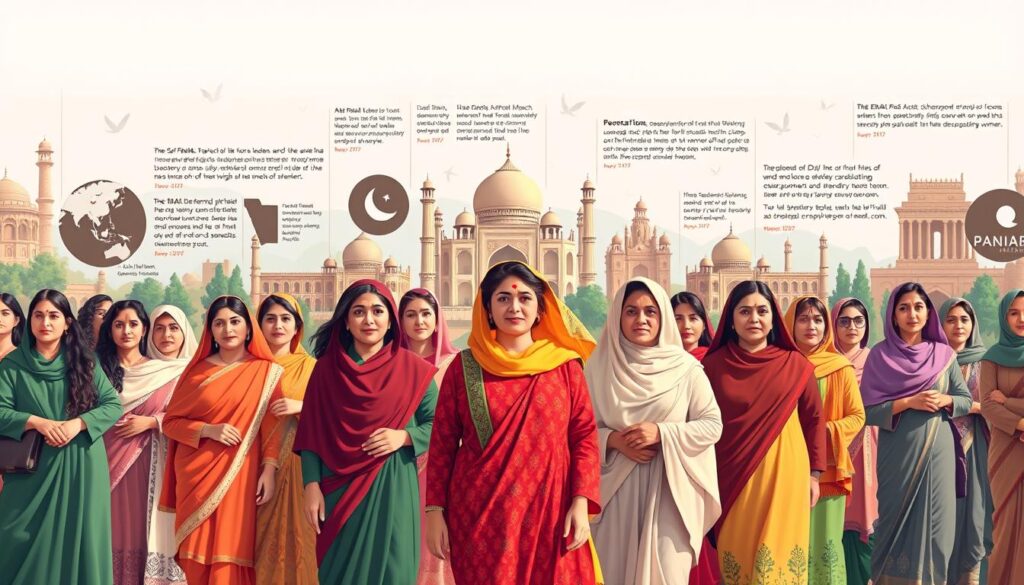
Women empowerment in Pakistan has seen key moments since its founding. Early activists like Fatima Jinnah, known as the “Mother of the Nation,” fought for equality in 1947. Their work laid the groundwork for future gains.
- 1988: Benazir Bhutto became Pakistan’s first female prime minister, breaking political barriers.
- 2000: The National Commission on the Status of Women (NCW) was set up to address gender gaps through policy.
- 2010: Laws against domestic violence and changes in inheritance laws gave women more legal protection.
These steps show a gradual move forward. Government efforts, like the NCW’s work, show ongoing commitment to women empowerment in Pakistan. Despite ongoing challenges, the history of progress offers hope for more change.
Breaking Barriers: Empowerment in Action
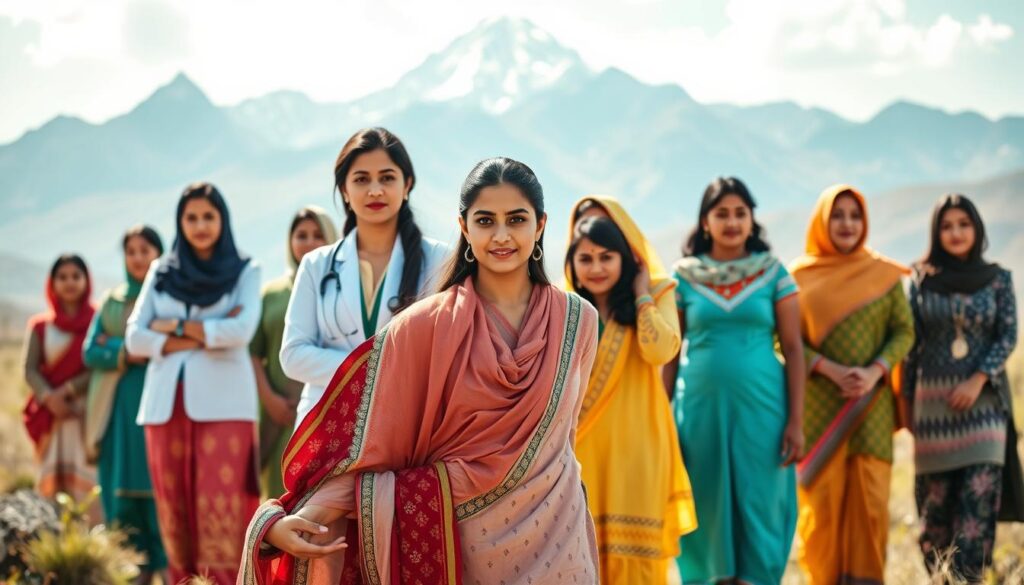
In Pakistan, women are making big changes. They show us that bravery and strength can turn obstacles into victories. Their stories inspire others to follow in their footsteps.
“Success is not about being the best, but about trying to be better.” – Muniba Mazari
Pioneers in Politics
| Leader | Role | Impact |
|---|---|---|
| Maryam Nawaz | Political Leader | Advocated for gender equality in governance |
| Sanam Baloch | Senator | Pushed laws for women’s rights in education |
Trailblazers in Business
| Entrepreneur | Field | Innovation |
|---|---|---|
| Abida Raja | Textile Industry | Revitalized local crafts internationally |
| Shiza Shahid | StartUp Pakistan | Supported 10,000+ women-led ventures |
Innovators in Arts
| Artist | Medium | Achievement |
|---|---|---|
| Muniba Mazari | Visual Arts | First wheelchair dancer in Pakistan |
| Sharmeen Obaid-Chinoy | Documentary Filmmaker | Academy Award winner for women’s rights films |
These women show us the power of passion and hard work. They remind us that every challenge is a chance to move forward.
Empowering Narratives: Stories of Inspirational Pakistani Wome
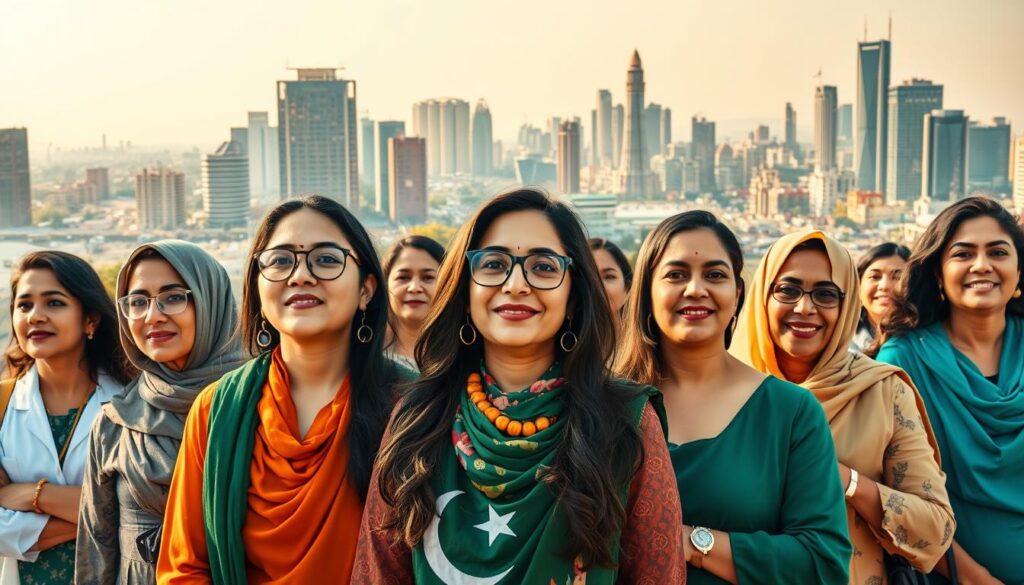
From breaking barriers to shaping futures, the success stories of Pakistani women show resilience and innovation. These stories inspire millions, showing that determination can conquer even the toughest challenges.
| Name | Achievement | Challenge Overcome |
|---|---|---|
| Muniba Mazari | Founder of “Alif Laila,” Pakistan’s first accessible bookstore for people with disabilities | Paralysis and societal limitations |
| Mira Phailbus | Youngest Pakistani on Forbes 30 Under 30 for tech startup “Code Like a Girl” | Gender bias in STEM fields |
Detailed Profiles of Trailblazers
- Muniba Mazari uses art therapy to empower disabled communities
- Mira Phailbus trains 500+ girls annually in coding
Challenges Overcome
Many faced financial barriers and cultural resistance. Legal restrictions on women’s education and career choices are common. Yet, these pioneers turned obstacles into opportunities.
“Disability is not inability,” Muniba often says, embodying her mission to redefine possibilities.
Impact on Society
These success stories of Pakistani women spark change nationwide. Muniba’s libraries now operate in 12 cities, while Mira’s programs increased female tech enrollment by 30% in Lahore. Their work shows that individual courage can change society.
Pakistani Female Leaders: Role Models and Visionaries
Pakistani women trailblazers are changing Pakistan’s future. They lead by combining tradition and innovation. Justice Nasira Iqbal, Pakistan’s first female Supreme Court judge, said, “Justice is not achieved by chance—it demands courage and persistence.” Her words inspire today’s leaders to fight for legal reforms and gender equality.
Political Pacesetters
Politicians like Senator Sherry Rehman and former Prime Minister Benazir Bhutto opened doors for women in politics. Bhutto was Pakistan’s first female PM in 1988, and Rehman fights for anti-harassment laws today. Their work shows progress, but there’s still a lot to do. Now, 22% of parliamentary seats are held by women, up from 14% a decade ago.
Social Reformers
Dr. Rubina Saigol and Sughra Imam lead in education and human rights. Imam’s work in rural areas shows leadership is everywhere. The corporate world is also changing, with 35 companies now having gender-balanced boards, as of 2023. These leaders show that change comes from taking bold steps.
———-
“Leadership is about lifting others up.” — Malala Yousafzai
Success Stories and Milestones
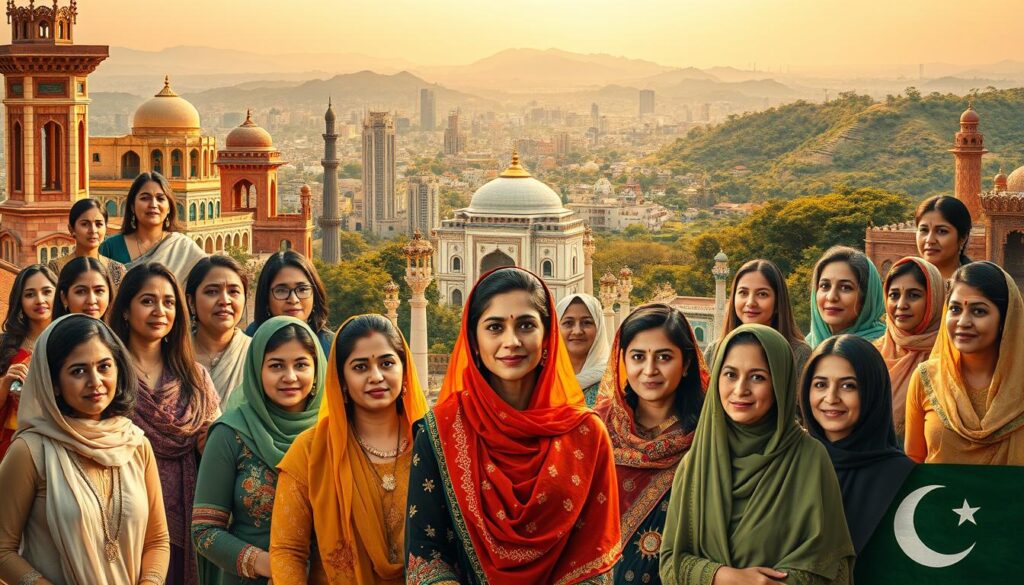
Women in Pakistan are making big changes, from business to politics. Abida Sultan became the first woman CEO of Askari Bank. Shiza Shahid’s Khula Aasmaan Foundation helped more girls get an education. These achievements show that women are being seen as equals.
- SECP reports 25% of new businesses in 2023 were women-led, signaling economic progress.
- Pakistan’s first all-female mountaineering team scaled K2 in 2022, challenging stereotypes.
- Over 100 women were elected to local councils in 2020, marking a rise in political participation.
These stories show big changes happening. Women like Aamna Chaudhary are making a difference in tech. The Aurat March has also raised voices across the country. women’s achievements in pakistan are inspiring groups like UN Women to work with local leaders.
Every success story brings us closer to a fairer world. Laws like the 2021 Women’s Empowerment Act are helping. These achievements show that every victory, no matter how small, makes a big difference.
Empowering Women in Pakistan: Community and Global Impact

Local and global efforts are changing the game for role models for Pakistani women. They’re making a difference from village to world stage. Programs like Nestlé Pakistan’s shared value initiatives show how businesses can help. They train women in entrepreneurship and agriculture.
Local Initiatives
- Grassroots organizations like She Runs It mentor young entrepreneurs in tech and fashion.
- Community centers in Karachi and Lahore offer vocational training, creating 2,000+ jobs since 2020.
International Collaborations
Global partnerships make a bigger difference. The Malala Fund works with local schools to educate 500+ girls every year. Scholarships from places like University of Cambridge send Pakistani women into STEM fields. They return as role models.
| Local Efforts | Global Partnerships |
|---|---|
| Microloans for rural businesses | UN Women’s gender equality programs |
| Healthcare workshops in rural areas | Global tech hubs mentoring startups |
“When women lead, communities thrive.” – Ayesha Khuro, founder of Women’s Leadership Network
Women Empowerment in Pakistan: Education and Advocacy
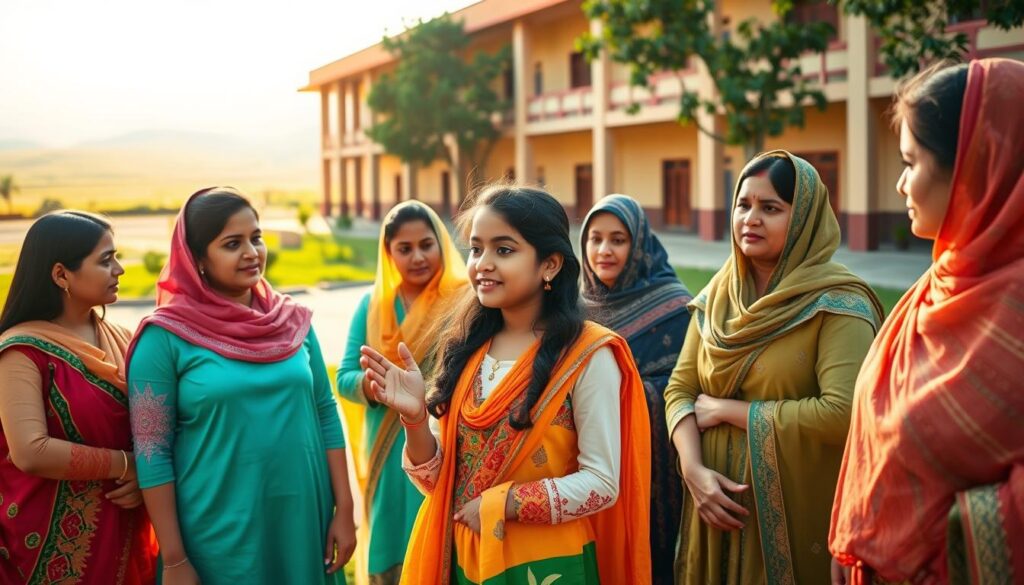
Education and advocacy are key to empowering women in pakistan. The Benazir Income Support’s Girls’ Education Initiative has helped over 500,000 girls since 2018. The Aurat Foundation runs workshops in 150+ rural schools. These efforts aim to break barriers and build brighter futures.
“Education is the first step to equality,” says the Aurat Foundation’s 2023 report, noting a 30% rise in girls’ school attendance in targeted areas.
Recent reforms and campaigns are changing lives. Here are the main areas driving progress:
Educational Reforms
Government and NGOs work together to expand access. The Punjab Education Foundation built 500 new girls’ schools since 2020, increasing enrollment by 20%. Universities now offer STEM scholarships, encouraging girls to pursue tech careers. These steps ensure more women graduate and enter professional fields.
Advocacy Movements
Movements challenge norms and demand rights. The Aurat Foundation’s #MeTooPakistan campaign raised awareness about workplace equality. Legal groups like the All Pakistan Women’s Association (APWA) trained 5,000 women in legal rights since 2021. Workshops in rural areas educate communities on girls’ rights, fostering change.
These efforts show how education and advocacy are paving the way for equality. Every step forward strengthens Pakistan’s future through empowered women leading change.
Inspirational Stories: Overcoming Cultural and Social Challenges
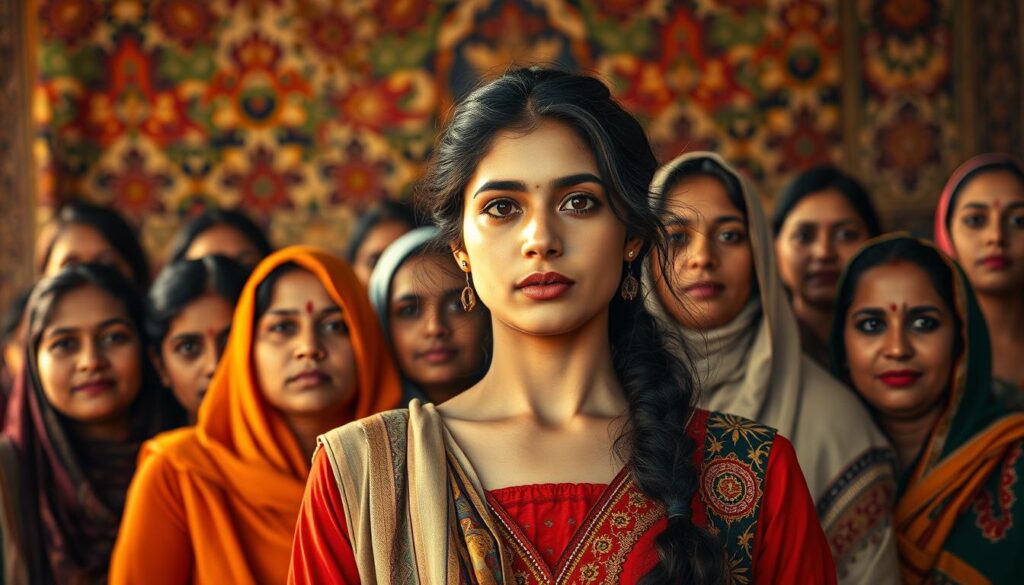
Every success story is a journey of resilience. Pakistani women like Muniba Mazari and Mira Phailbus turned obstacles into opportunities. They show us that courage can lead to change.
Navigating Societal Expectations
Many women were pushed to follow traditional paths. Muniba Mazari, despite being paralyzed, found her voice in art and advocacy. She believes, “
Disability is not a cage—it’s a canvas for new possibilities.
” Her work with the Alienable Foundation helps others break free from stereotypes.
Building Innovative Solutions
Mira Phailbus changed education in rural areas by focusing on STEM for girls. She mixed tradition with new ideas, creating learning spaces and networks. Here’s how she made a difference:
- Challenge: Limited education access
- Solution: Mobile classrooms and online learning
- Impact: 50% more students in schools
| Challenge | Innovative Solution | Impact |
|---|---|---|
| Gender-based discrimination | Art collectives and digital marketplaces | Empowered 1,200+ women artists |
| Access to healthcare | Telemedicine networks | Served 20,000+ rural patients |
These stories teach us that every obstacle can be a stepping stone. Their methods can guide others facing similar challenges.
Conclusion
Pakistani women have shown great strength and determination. They have moved from facing big challenges to achieving great things. Their stories, from leading in politics to starting businesses, show how power can change lives.
Education and support groups have opened more doors for them. This shows that even when things seem tough, progress is possible.
Every victory, like overcoming social barriers or starting community projects, helps pave the way for others. The Shehri-Women’s Legal Aid helpline and Malala Fund partnerships are great examples. They show how local and global efforts can make a big difference.
These stories are not just about winning; they are about changing society. As women lead in tech, law, and arts, they inspire many. It’s important to keep supporting education, fair policies, and community programs.
To move forward, we need to work together. Let’s celebrate these trailblazers and push for policies that help all girls and women in Pakistan. Their stories teach us that empowerment is a journey, not a finish line.
FAQ
What are some key achievements of Pakistani women in leadership roles?
Pakistani women have made big strides in leadership. They’ve excelled in politics, business, and social reform. Benazir Bhutto, the first female Prime Minister, is a key example.
More women are now leading in fields dominated by men. They inspire others to follow their dreams.
How have individual narratives contributed to women’s empowerment in Pakistan?
Stories of brave Pakistani women show their struggles and triumphs. These stories inspire and challenge old norms. They encourage others to chase their dreams.
By sharing these tales, women see paths to their goals.
What initiatives are helping to empower women in Pakistan?
Many efforts aim to empower women in Pakistan. These include education reforms and community projects. Grassroots and international groups push for women’s rights.
These efforts help in social, economic, and cultural changes.
How significant is education for the empowerment of women in Pakistan?
Education is key for women’s empowerment in Pakistan. It opens doors to careers and higher education. This breaks down old barriers.
Advocacy for education has boosted girls’ enrollment. This leads to more leadership roles for women.
Can you provide examples of women who have navigated cultural challenges successfully?
Many women have overcome cultural obstacles. Malala Yousafzai is a prime example. She fought for education and women’s rights despite huge challenges.
Her story shows the power of resilience and innovation. It motivates others to face their own challenges.

